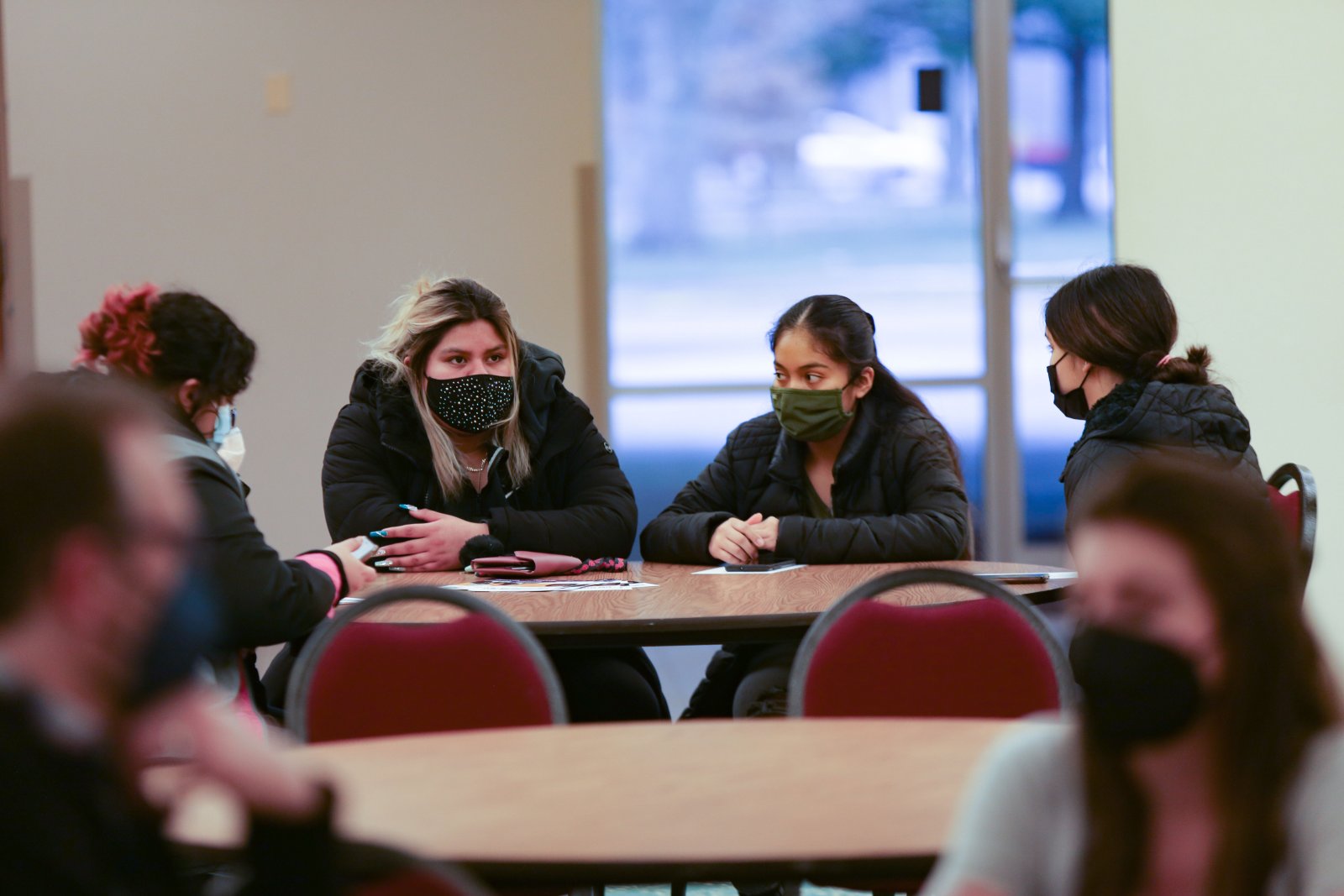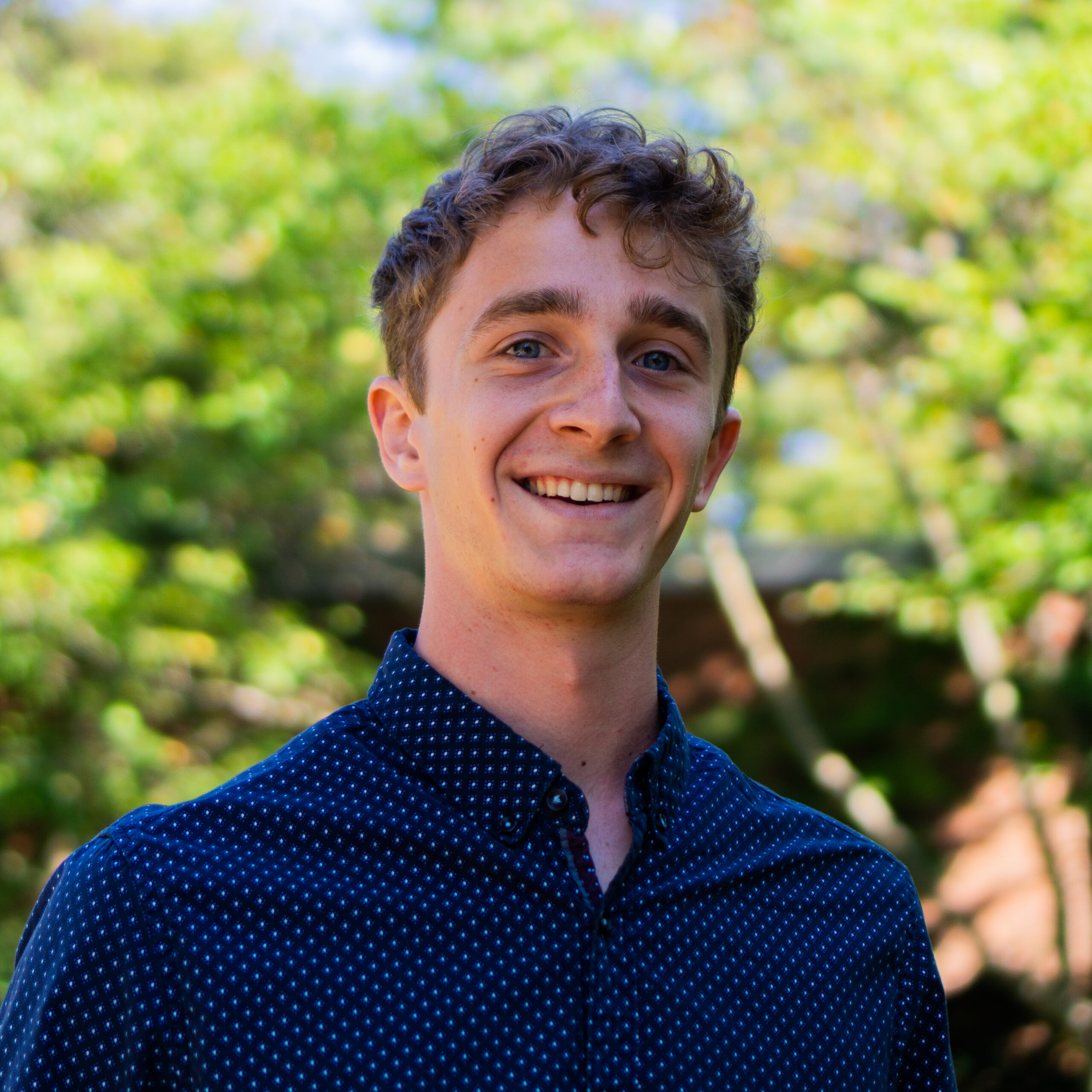Omicron, the newest COVID-19 variant, is spreading through campus like no variant before. Since the start of winter break, over 100 students have tested positive for the virus, compared to 16 total cases in the fall semester.
But the more mild nature of the variant combined with the high vaccination rate on campus means there is less reason for concern.In shifting from the Delta to the Omicron variant, the “whole equation has changed,” said President Rebecca Stotzfus.
Over 93% of campus is fully vaccinated, and many students and staff have also received a booster, both of which dramatically reduce the risk of hospitalization and fatality even if they don’t provide 100% protection against infection.
The availability of space for quarantining and isolation remains a concern with the surge of infections among students. However, Jodi Beyeler, vice president for communications and a member of the pandemic task force (PTF), said that we are in a different place from last year: vaccinated students do not have to quarantine unless they develop symptoms, and the CDC now only advises five-day isolations, instead of ten days. Both of these measures should help regulate the need for rooms in Miller.
After relaxing some of the mask policies at the end of last fall, the PTF reinstated stricter guidelines this spring.
The immunocompromised and older members of the Goshen College community are at higher risk of contracting graver symptoms of COVID-19, and Beyeler said that the “small step” of temporarily strengthening GC’s mask policies “is an act of kindness and care for our community.”
Justin Harris, a sophomore environmental and marine science major, got COVID-19 over break despite being fully vaccinated. Even though he is “not too worried” about Omicron, he acknowledged that for those with compromised immune systems, “it’s a different conversation.”
Harris feels that the current masking requirements are “right for the moment,” but will be ready to roll back precautions if cases don’t spike, given that young adults like himself rarely have severe symptoms.
“Getting sick [and missing classes] is not good,” said Beyeler. “But sickness does happen.”
“We’ve come to accept” that people get cases of cold and flu, she said, and now we “need to manage” what it means to get COVID-19.
For Alex Graber Neufeld, a sophomore biology major, his “biggest concern [is] spreading it to other people.” He’s confident that his vaccinations will protect him against severe cases of COVID-19 but still wishes the college would go further in requiring masks on dorm floors and exercise spaces.
For students who worry that the college has not gone far enough in their safety measures, Stoltzfus encourages students to “take extra steps themselves.” They can up their mask quality, use a green box at the cafeteria and limit their circle of close contacts.
When will restrictions be relaxed? “The positive cases have to come down,” Beyeler said.
While Omicron might not be as severe as past variants, it is exceptionally contagious, and Beyeler encouraged students who are getting tired of COVID-19 precautions to think about “ripple effects.” Having everyone catch it just “increases risk for everyone,” she said.



